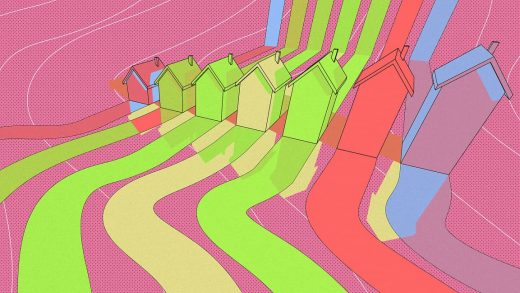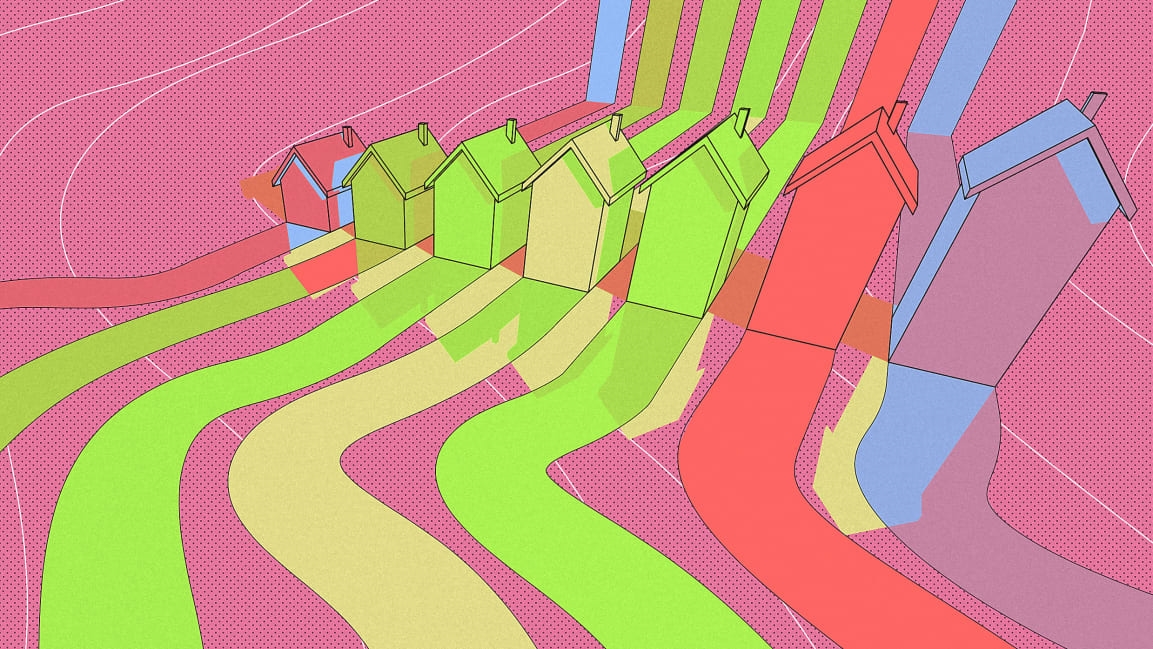Biden’s $213 billion plan to save affordable housing
President Joe Biden has just proposed one of the most significant investments in affordable housing in the nation’s history.
Inside the far-reaching $2.25 trillion infrastructure plan just announced by the Biden administration is $213 billion to support affordable housing. The plan’s overview calls for the funding to “produce, preserve, and retrofit more than 2 million affordable and sustainable places to live.”
That includes building or preserving more than 1 million housing units that check a laundry list of goals: affordable, resilient, accessible, energy-efficient, and electrified. The plan would also invest $40 billion to improve the infrastructure of the roughly 1.2 million units of public housing that currently exist.
The plan would invest 1% of GDP over the next eight years to achieve its broad goals, and, if passed along with the Biden administration’s proposed corporate tax increase, could be paid off in 15 years.
The proposed funding represents a critical and timely investment in a type of housing stock that’s been undersupplied for years, according to Priscilla Almodovar, CEO of the national affordable housing nonprofit Enterprise Community Partners. “This investment is a huge down payment on an incredible need,” she says. “This would be the largest new investment in affordable housing that we’ll likely see for a decade.”
Rather than solely offering direct federal funding, the plan will provide tax credits, competitive grants, and other forms of support to spur partnerships between local government, nonprofits, and private developers, and it will leverage the government’s money with the resources of the private sector. “We’re not building public government housing anymore. That’s an old way of thinking. Housing today is financed through a public-private partnership,” Almodovar says. “By investing in housing, this is a once-in-a-generation opportunity to bring more private dollars into infrastructure.”
As one of the biggest housing nonprofits in the country, Enterprise sees this plan not only as a way to fill in some of that unmet demand for affordability. It will also be a massive source of jobs, according to Almodovar, who previously served as a managing director at JPMorgan Chase, leading the bank’s commercial real estate and community development businesses.
“Housing construction is the fastest way to create jobs for people. When you look back at the 2008 crash and the American Recovery and Reinvestment Act, it was the investment in housing that moved jobs into the economy fastest,” Almodovar says. “You could immediately have shovel-ready projects. We estimate that, the way housing is financed today, it supports nearly 100,000 new jobs every year.”
The proposed scale of the building is ambitious, especially when it has been so hard for so long to build affordable housing, even in communities that claim to want it. From local policies that hamper the size and effectiveness of proposed affordable housing projects to the not-in-my-backyard opposition of self-interested homeowners, it will take more than money to get communities on board.
The plan tries to address some of these nonfinancial barriers by also focusing on eliminating exclusionary zoning laws, the structural policies on minimum lot sizes, parking requirements, and preference for single-family homes that often prevent affordably priced development from being legally and economically feasible. The plan would create a new grant program that awards funding to communities that remove these barriers.
In addition to supporting traditionally renter-centric affordable housing, the plan also includes a proposed $20 billion worth of tax credits over the next five years to build or rehabilitate 500,000 homes geared toward low- and middle-income home buyers. By increasing the supply of more affordably priced homes, the plan aims to help more people build the wealth and equity that come along with homeownership. In line with the equity goals laid out in the Biden campaign’s housing platform, the plan would focus this and many other elements on underserved communities. After decades of discrimination and disinvestment in these communities, this will also be an uphill battle.
Housing aside, the plan includes similarly historic levels of investment in other areas of infrastructure, from transportation ($620 billion) to the manufacturing industry ($580 billion) to reconnecting urban neighborhoods that were cut in half by the construction of the interstate highway system ($20 billion).
For all its ambition, the plan is still just a plan. Though Democratic control of both the House and Senate give it a leg up, the likelihood that the plan will be approved as is with necessary Republican support is low. How the plan changes remains to be seen, but if it moves ahead, housing is sure to remain one of its major pillars.
“It’s a historic proposal,” Almodovar says. “As a country, we have to think big here. Housing is a fundamental part of communities, and this proposal acknowledges that.”
(26)



